Voice in the Wind (1944)
“Every man has to fight with the weapon for which he’s best fitted — and your weapon is music.”
|
Synopsis: |
|
Genres, Themes, Actors, and Directors:
Review: … and a pianist (Lederer) who seems to have no memory. Once we’re finally given a glimpse back into their life together (yes, they were a couple), we see that Lederer was banished from Europe for daring to a play a Czech nationalist song during a broadcast concert: … and is now stranded on an island by the captain of a “murder boat” (i.e., a boat intended to take refugees partway to America and no further). Given that this film was made and released during the midst of WWII, it makes sense that audience members might be shocked to hear about this type of atrocity, and grateful for a chance to hiss at venal Nazis — but these days it simply comes across as poorly acted and overly melodramatic. Redeeming Qualities and Moments: Must See? Links: |
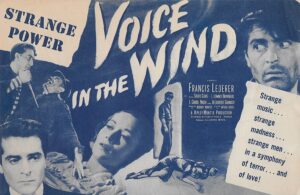
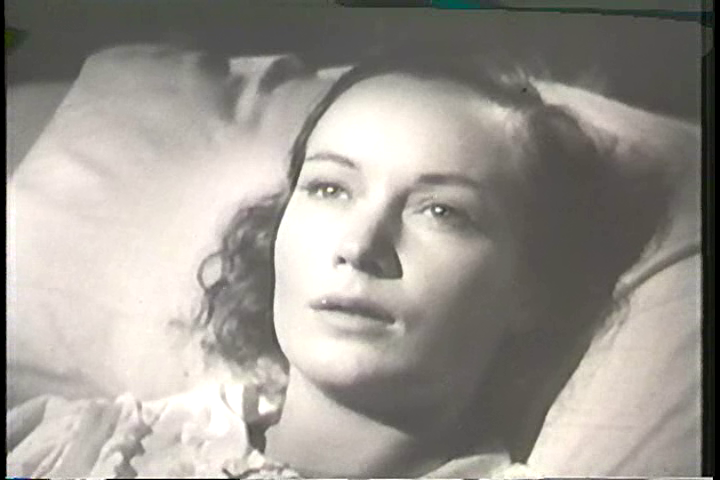
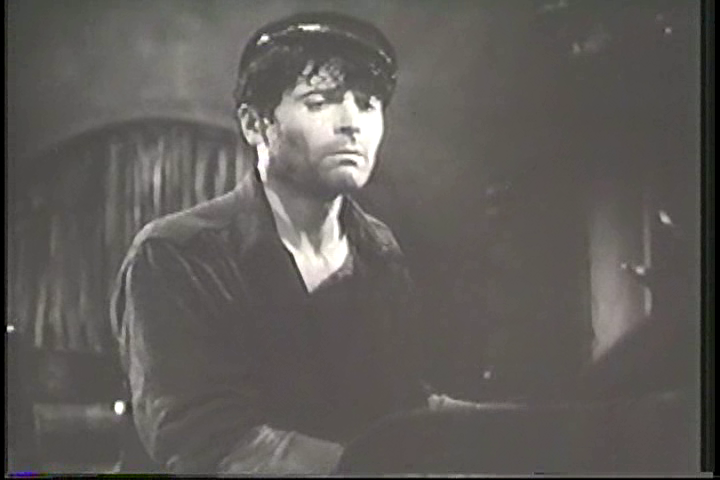
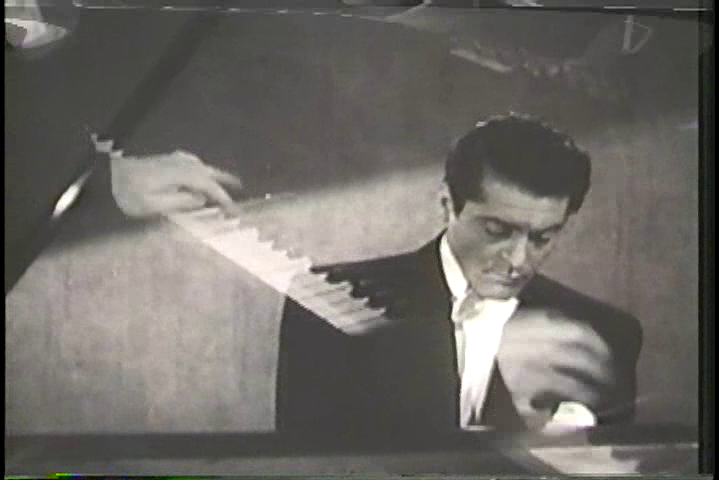
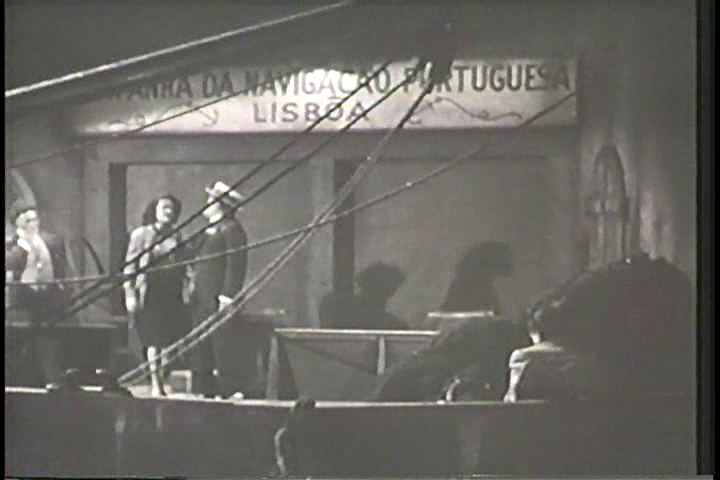
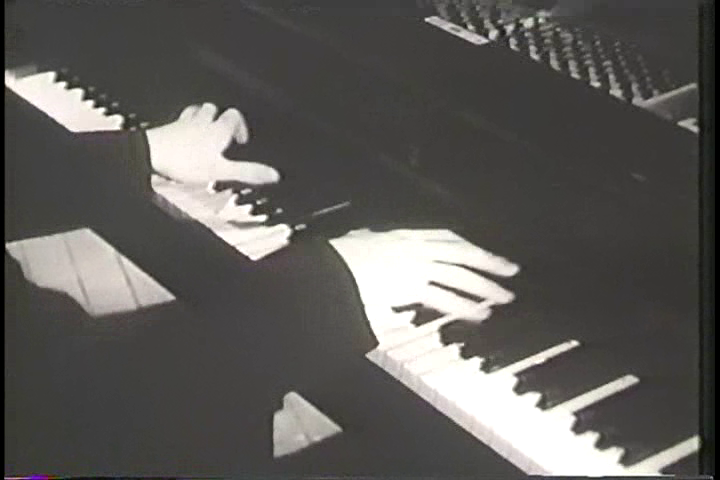
One thought on “Voice in the Wind (1944)”
First viewing. Agreed; this largely forgotten and hard-to-find film is not must-see.
To me, it’s not so much that the film is “poorly acted” – but, as stated, the script is “overly melodramatic”. Melodrama, of course, is understandable here; this horrible period in history was rife with drama and melodrama.
But here… ‘helped along’ by its wayward film score, the melodrama is, at times, allowed to go somewhat overboard… and that makes the cast push. Some scenes seem to milk the melodrama.
That said… I did appreciate the idea that a pianist would decide to play a piece of ‘verboten’ music, in defiance of the Nazis.